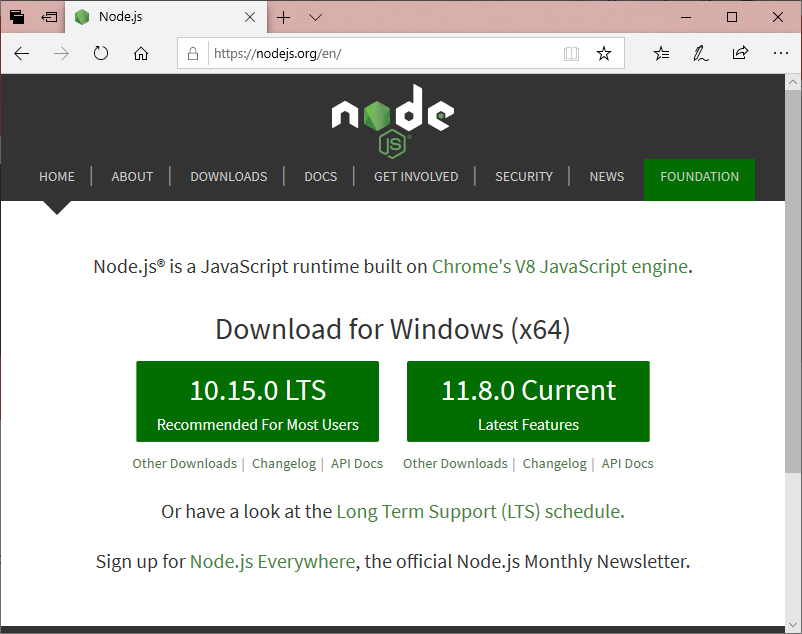

A collection of one or more modules is commonly referred to as a package, and these packages are themselves organized by package managers. Node.js organizes this complexity using modules, which are any single JavaScript files containing functions or objects that can be used by other programs or modules. But as interest grows, larger applications are built, and managing the complexity of the codebase and its dependencies becomes more difficult. Introductionīecause of such features as its speedy Input/Output (I/O) performance and its basis in the well-known JavaScript language, Node.js has quickly become a popular runtime environment for back-end web development.

The author selected the Open Internet/Free Speech Fund to receive a donation as part of the Write for DOnations program.


 0 kommentar(er)
0 kommentar(er)
